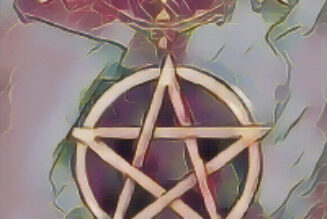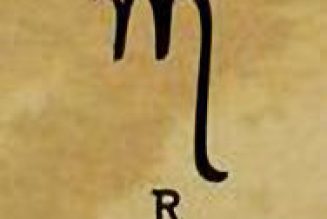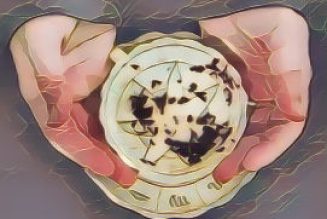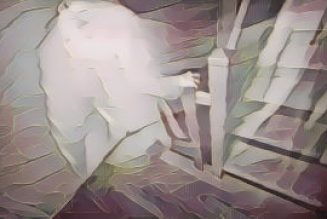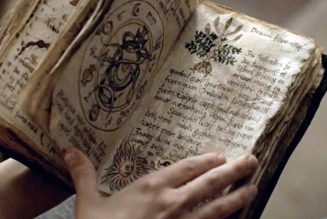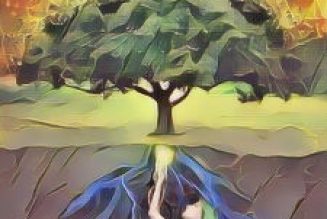In ancient Roman religion and myth, Luna is the divine embodiment of the Moon (Latin Lūna).
She is often presented as the female complement of the Sun, Sol, conceived of as a god.
Luna is also sometimes represented as an aspect of the Roman triple goddess (diva triformis), along with Proserpina and Hecate.
Luna is not always a distinct goddess, but sometimes rather an epithet that specializes a goddess, since both Diana and Juno are identified as moon goddesses.
In Roman art, Luna attributes are the crescent moon plus the two-yoke chariot (biga).
In the Carmen Saeculare, performed in 17 BC, Horace invokes her as the “two-horned queen of the stars” (siderum regina bicornis), bidding her to listen to the girls singing as Apollo listens to the boys.
Varro categorized Luna and Sol among the visible gods, as distinguished from invisible gods such as Neptune, and deified mortals such as Hercules.
She was one of the deities Macrobius proposed as the secret tutelary of Rome.
In Imperial cult, Sol and Luna can represent the extent of Roman rule over the world, with the aim of guaranteeing peace.
Luna’s Greek counterpart was Selene. In Roman art and literature, myths of Selene are adapted under the name of Luna.
The myth of Endymion, for instance, was a popular subject for Roman wall painting.














